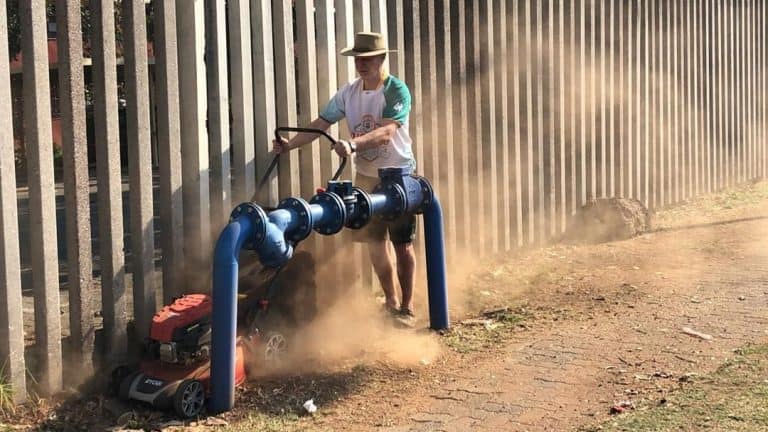AfriForum and Solidarity engage in constructive discussion with PanSALB about Bela
Today, AfriForum and Solidarity engaged in a constructive discussion with the Pan South African Language Board (PanSALB) regarding the threat that the Bela Act poses to mother language education and multilingualism. During the meeting, both Solidarity and AfriForum highlighted how certain parts of Articles 4 and 5 of the Bela Act not only make the continued existence of Afrikaans schools impossible, but also fail to promote multilingualism and any other indigenous languages as a language of instruction.
This meeting forms part of a series of intensive discussions that AfriForum, Solidarity and the Solidarity Movement are currently engaging on with political parties in the government of national unity (GNU), civil organisations and traditional leaders in an attempt to find constructive solutions to the Bela dispute. The RNE’s consultation process is also currently underway between various political parties to whom AfriForum and Solidarity have made proposals for possible solutions.
In addition to this process, Solidarity is also part of a consultation process with the presidency and the Department of Basic Education after Solidarity submitted an Article 77 application to the National Economic Development and Labour Council (Nedlac). In October, Nedlac started a mediation process between the parties to try to reach an agreement on the Bela Act.
During today’s meeting between AfriForum, Solidarity and PanSALB, this board was represented by, among others, its Chief Executive Officer (CEO), Lance Schultz, and CEO of Languages, Julius Dantile. AfriForum’s delegation consisted of Kallie Kriel, CEO, and Alana Bailey, Head of Culturual Affairs. The delegation from Solidarity included Dr. Dirk Hermann, Chief Executive, and Connie Mulder, Head of the Solidarity Research Institute (SRI).
According to Kriel, the Bela dispute has resulted in several role players in society being involved anew in the necessity of mother language education so that every child in the country has the opportunity to be taught in the best possible way. “The lack of mother language education contributes to the fact that half of Gr. 1 learners never reach Gr. 12, while the majority who do make it to Gr. 12 are hampered by writing their matric in a language other than their mother language. The discussions about Bela now offer the ideal opportunity to find meaningful solutions, which is why we are fully committed to the consultation processes that are currently taking place.”
Hermann welcomes PanSALB’s involvement in the Bela process, as this law is not only directed at Afrikaans, but also fails to promote mother language education in general. “We call on PanSALB to use its constitutional power to stop the erosion of language rights in South Africa.”











